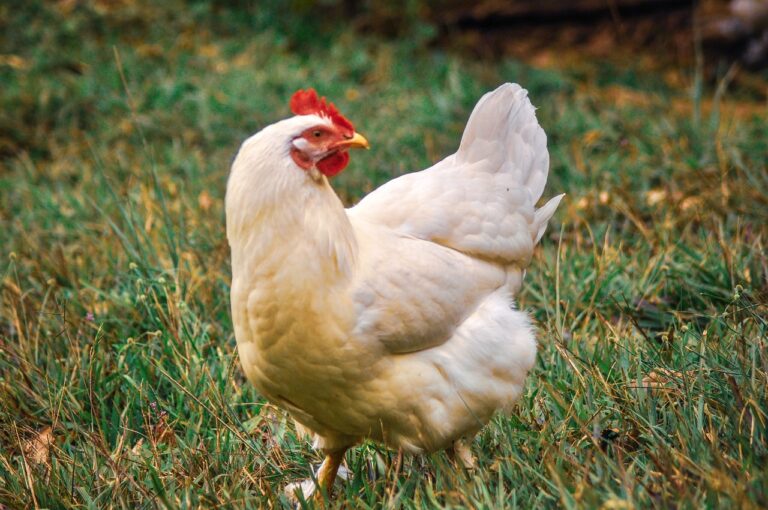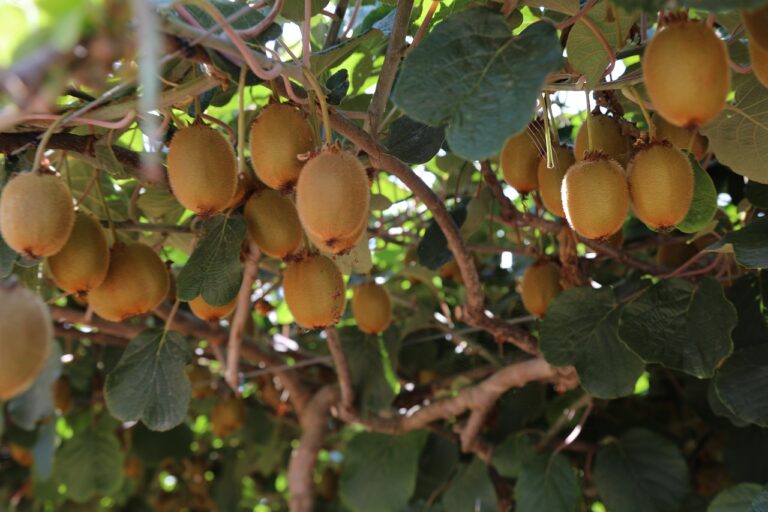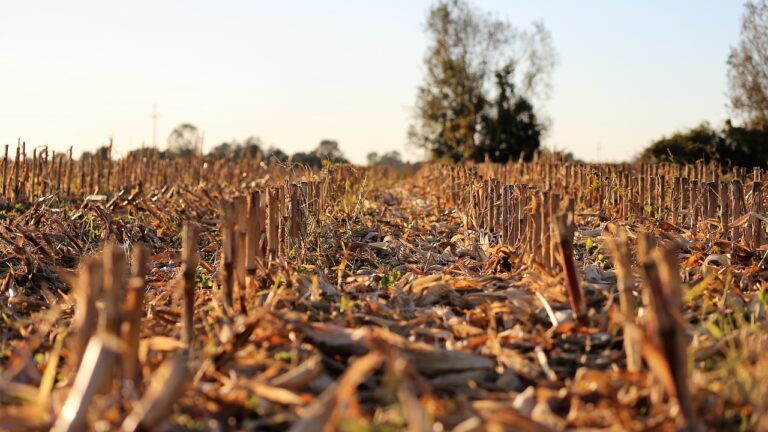The Impact of Food Supply Chain Disruptions on Pricing
Food supply chains are complex networks that involve the production, processing, distribution, and consumption of food products. These chains start with farmers and producers who grow and harvest the raw materials, which are then transported to processing facilities where they are turned into finished goods. The processed food items are later distributed to various retailers and ultimately end up in the hands of consumers.
At each stage of the food supply chain, there are multiple stakeholders involved, each playing a crucial role in ensuring the smooth flow of products. From farmers to truck drivers to warehouse staff to retailers, collaboration and coordination are key to the success of the supply chain. Understanding these intricate relationships and dependencies is essential for ensuring food safety, quality, and efficiency throughout the entire process.
Challenges in Food Supply Chains
Food supply chains face a myriad of challenges that can disrupt the flow of goods from farm to table. One significant challenge is the growing consumer demand for transparency and sustainability in food production. Manufacturers and retailers must navigate complex supply chains to ensure that products meet these evolving expectations, leading to increased pressure to source locally, reduce waste, and improve ethical practices.
Additionally, the global nature of food supply chains poses logistical challenges, especially during times of crisis or natural disasters. Disruptions in transportation and distribution can quickly escalate, impacting the availability and affordability of essential food items. As supply chains become increasingly interconnected across borders, the need for resilience and flexibility in the face of unforeseen events becomes more critical than ever.
What is a food supply chain?
A food supply chain is a network of organizations, resources, and activities involved in moving food products from the point of production to the point of consumption.
What are some common challenges in food supply chains?
Some common challenges in food supply chains include issues with food safety, food waste, transportation and logistics, demand volatility, and sustainability concerns.
How can companies overcome challenges in food supply chains?
Companies can overcome challenges in food supply chains by implementing technology solutions, improving communication and collaboration with suppliers and partners, investing in sustainability initiatives, and developing contingency plans for unexpected disruptions.
Why is it important to address challenges in food supply chains?
It is important to address challenges in food supply chains to ensure food safety, reduce food waste, improve efficiency and sustainability, and meet the demands of consumers in an increasingly complex and competitive market.
What role do government regulations play in food supply chains?
Government regulations play a crucial role in food supply chains by setting standards for food safety, labeling, and traceability, as well as promoting sustainability practices and supporting the overall integrity of the food supply chain.







